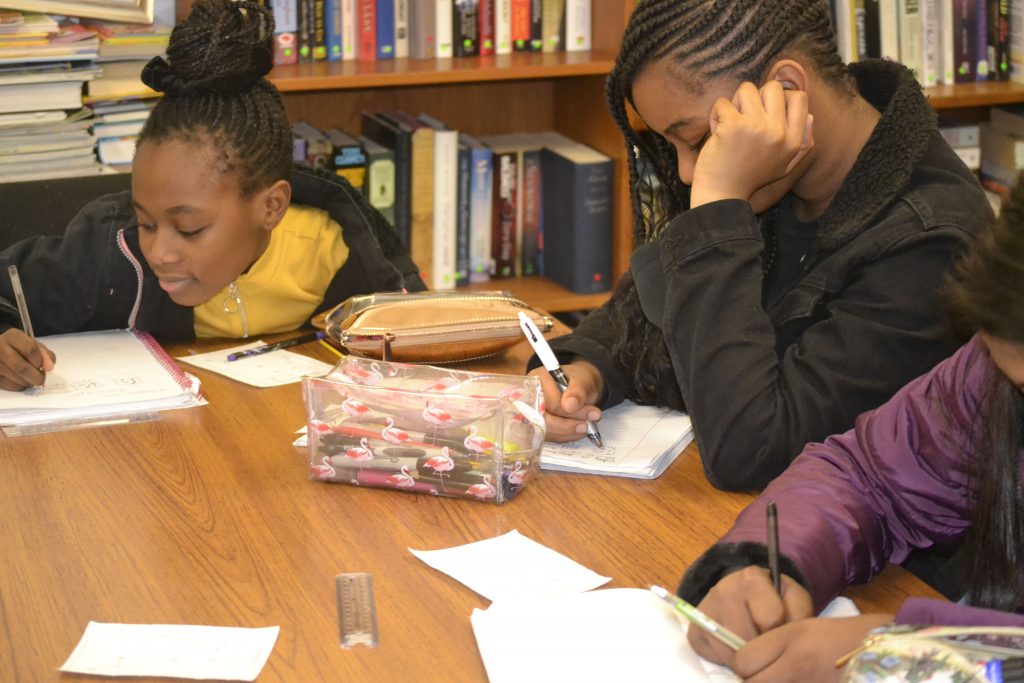Rain or shine we are here for your children
Our trained teachers go the extra mile to help your child learn
All our teachers have QTS, Qualified Teacher Status
We understand what is happening in schools. The pressures of workload, budget cuts and long hours. Investing in your staff can help reinvigorate and give them back their spark.
The UK is facing massive skills shortages in science, technology, engineering and mathematics careers – according to one study 43% of STEM vacancies are difficult to fill.
This is why the government has been trying to increase and widen participation in STEM careers and education, to ensure a better prepared workforce for the future. To try and address the STEM gap, the “triple science” GCSE qualification was introduced. Triple science is the route allowing students to study biology, chemistry and physics as separate subjects. This leads to three distinct GCSE awards.
Triple science has been championed by the government and industry for the way it prepares students for the world of STEM employment. This is compared to alternative routes like double science, which awards students two GCSEs for studying the three sciences.


Are your staff adequately trained and ready to teach Science?
Does your Science Department need a refresher?
Do you need out of the box thinking?
The Science Intervention provides teachers with the ideas and skills they need to enable them to take on their students and propel their results.
Common Barriers to Progress Are:
The Science Intervention provides Full and Half Day Staff Training and workshops to reinvigorate your staff and give them a new sense of purpose. Just like an NQT on day 1…. They cant wait to get started. Working on their own merits because they love their job. The Eagerness and passion of teaching. We can relight their passion for Science.


Ways to improve the teaching of Science
1. Build on the ideas that pupils bring to lessons
2. Help pupils direct their own learning
3. Use models to support understanding
4. Support pupils to retain and retrieve knowledge
5. Use practical work as part of a learning sequence
6. Develop scientific vocabulary
7. Use structured feedback
Let’s book a free strategy session and determine how we can help your Science Team
